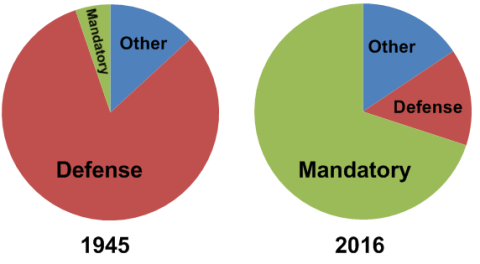Dr. Emanuel's RX for govt rationing
Here are some excerpts from the accompanying article-- meticulously research and cited-- from Betsy McCaughey in the WSJ...
As a bioethicist, [Dr. Ezekiel Emanuel, health adviser to President Barack Obama] has written extensively about who should get medical care, who should decide, and whose life is worth saving. Dr. Emanuel is part of a school of thought that redefines a physician’s duty, insisting that it includes working for the greater good of society instead of focusing only on a patient’s needs. Many physicians find that view dangerous, and most Americans are likely to agree.
The health bills being pushed through Congress put important decisions in the hands of presidential appointees like Dr. Emanuel. They will decide what insurance plans cover, how much leeway your doctor will have, and what seniors get under Medicare. Dr. Emanuel, brother of White House Chief of Staff Rahm Emanuel, has already been appointed to two key positions: health-policy adviser at the Office of Management and Budget and a member of the Federal Council on Comparative Effectiveness Research. He clearly will play a role guiding the White House's health initiative.
Dr. Emanuel says that health reform will not be pain free, and that the usual recommendations for cutting medical spending (often urged by the president) are mere window dressing. As he wrote in the Feb. 27, 2008, issue of the Journal of the American Medical Association (JAMA): "Vague promises of savings from cutting waste, enhancing prevention and wellness, installing electronic medical records and improving quality of care are merely 'lipstick' cost control, more for show and public relations than for true change."
True reform, he argues, must include redefining doctors' ethical obligations....In numerous writings, Dr. Emanuel chastises physicians for thinking only about their own patient's needs....Of course, patients hope their doctors will have that single-minded devotion. But Dr. Emanuel believes doctors should serve two masters, the patient and society...
Dr. Emanuel concedes that his plan appears to discriminate against older people, but he explains: "Unlike allocation by sex or race, allocation by age is not invidious discrimination. . . . Treating 65 year olds differently because of stereotypes or falsehoods would be ageist; treating them differently because they have already had more life-years is not."The youngest are also put at the back of the line: "Adolescents have received substantial education and parental care, investments that will be wasted without a complete life. Infants, by contrast, have not yet received these investments..."
![[mccaughey]](http://s.wsj.net/public/resources/images/ED-AK071A_mccau_NS_20090826172955.jpg)





